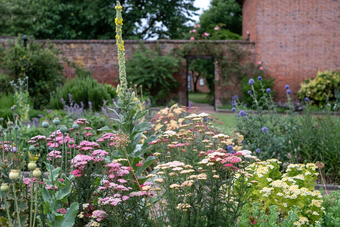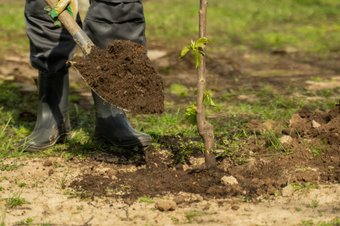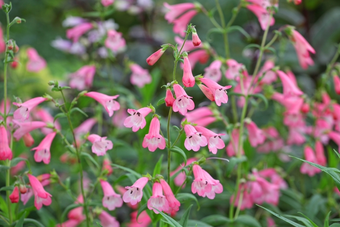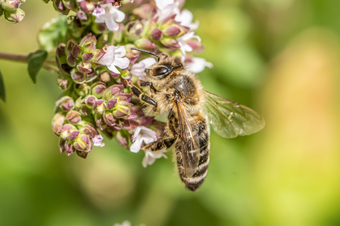15 gardening tips for July
July means holidays, long days and (hopefully) sunny weather, giving you a chance to really enjoy your garden. In between watering, weeding and deadheading to keep everything looking its best, don’t forget to take some time to relax and admire the flowers! Here are our top 15 gardening tips for July.

Top 15 gardening tips for July
-
Plan ahead for fabulous flowers next spring by sowing biennials like foxgloves and wallflowers in seed trays or modules in a greenhouse.
-
Deadhead roses regularly to keep them flowering. Sweet peas and cosmos will also flower for months if regularly deadheaded, and they make beautiful cut flowers for the house.
-
Cut hardy geraniums back hard when they start to look leggy and tired, and they will produce a flush of fresh new foliage and flowers.
-
Once bearded irises have finished flowering, lift and divide overgrown clumps. Re-plant them with their rhizomes partly exposed so that they can be baked by the summer sun.
-
Give wisteria its summer pruning, cutting back all this year’s long whippy shoots to 5-6 leaves from the main stems.
-
Pinch out any side shoots on cordon tomatoes to focus the plants’ energies on producing fruit.

-
Water tomatoes regularly, especially container-grown tomatoes. Keeping the moisture level in the soil consistent reduces the risk of fruit splitting.
-
Water container plants regularly in dry weather. Use stored rainwater where possible, watering in the morning or evening to reduce evaporation.
-
Sow salad crops like lettuce every couple of weeks for a constant supply through summer. To reduce the risk of lettuce bolting in hot weather, provide shade for the plants in the hottest part of the day.
-
Tomatoes, beans, courgettes, peppers, blueberries and gooseberries, will appreciate a fortnightly boost with a high-potash liquid feed such as tomato feed, which promotes the development of flowers and fruit.
-
Pick courgettes and beans regularly to keep the plants producing more fruit.
-
Pinch out the growing tips of broad beans once the pods start to appear. This encourages bushy growth and also reduces the risk of blackfly infestations, as these pests tend to attack tender young shoots.
-
Mound up the soil around the stems of maincrop potatoes (this is called ‘earthing up’) to stop the sunlight from reaching the tubers and turning them green. Remember, green potatoes are toxic! Harvest the first early potatoes, digging up one or two first to check whether they are big enough – if not, leave them to grow for a few more weeks.
-
Plant autumn bulbs like nerines and colchicums for beautiful flowers later in the year.
-
Mow the lawn regularly, raising the blades to a higher setting if the weather is dry.
Whether it’s plants to fill the border or garden furniture for a party, you’ll find everything you need in our centre to help you get the best out of your garden this summer!




